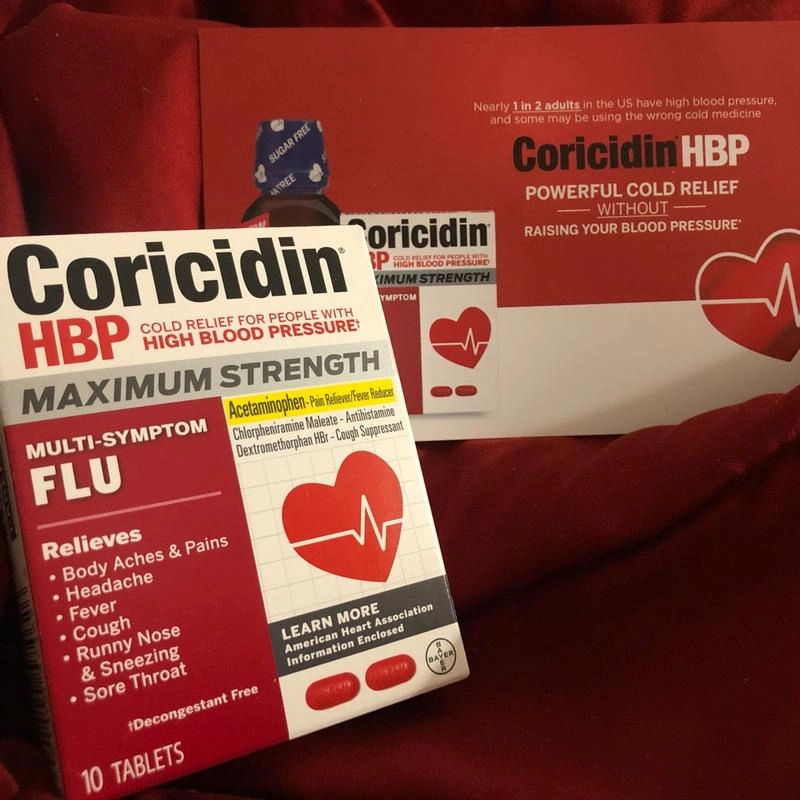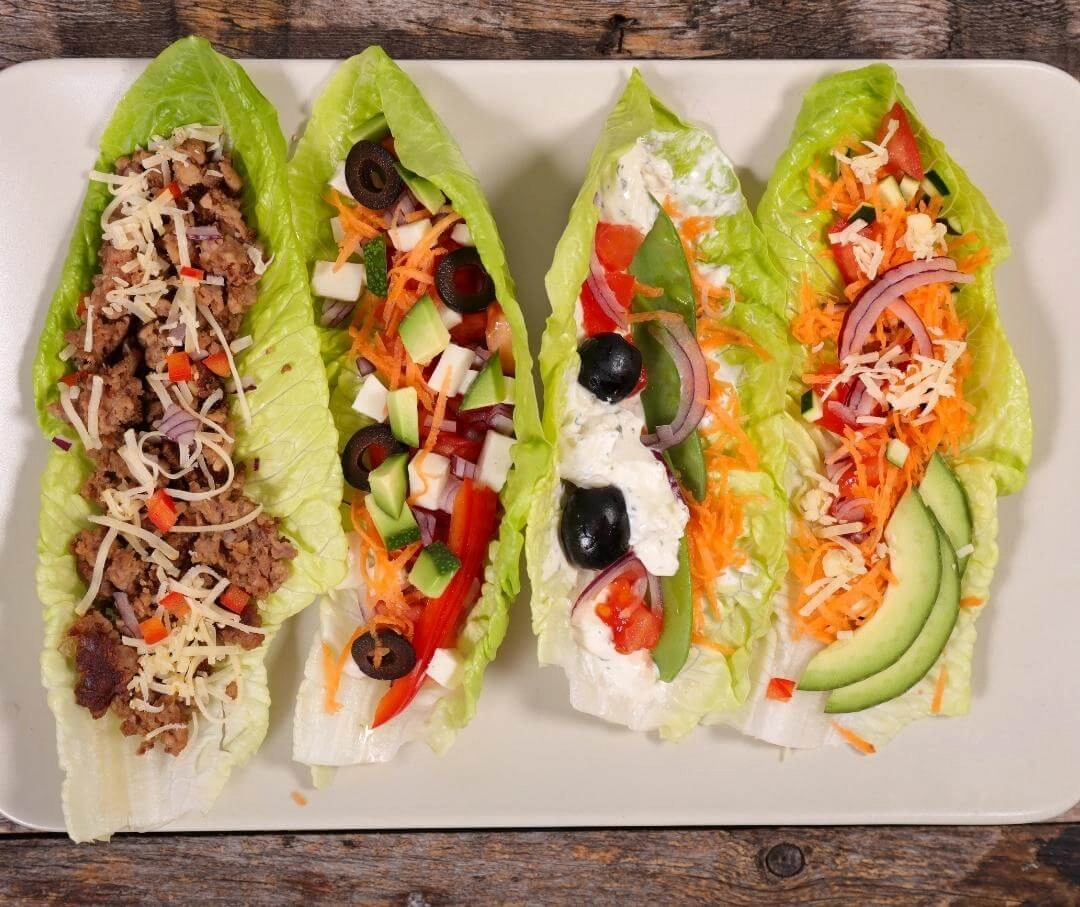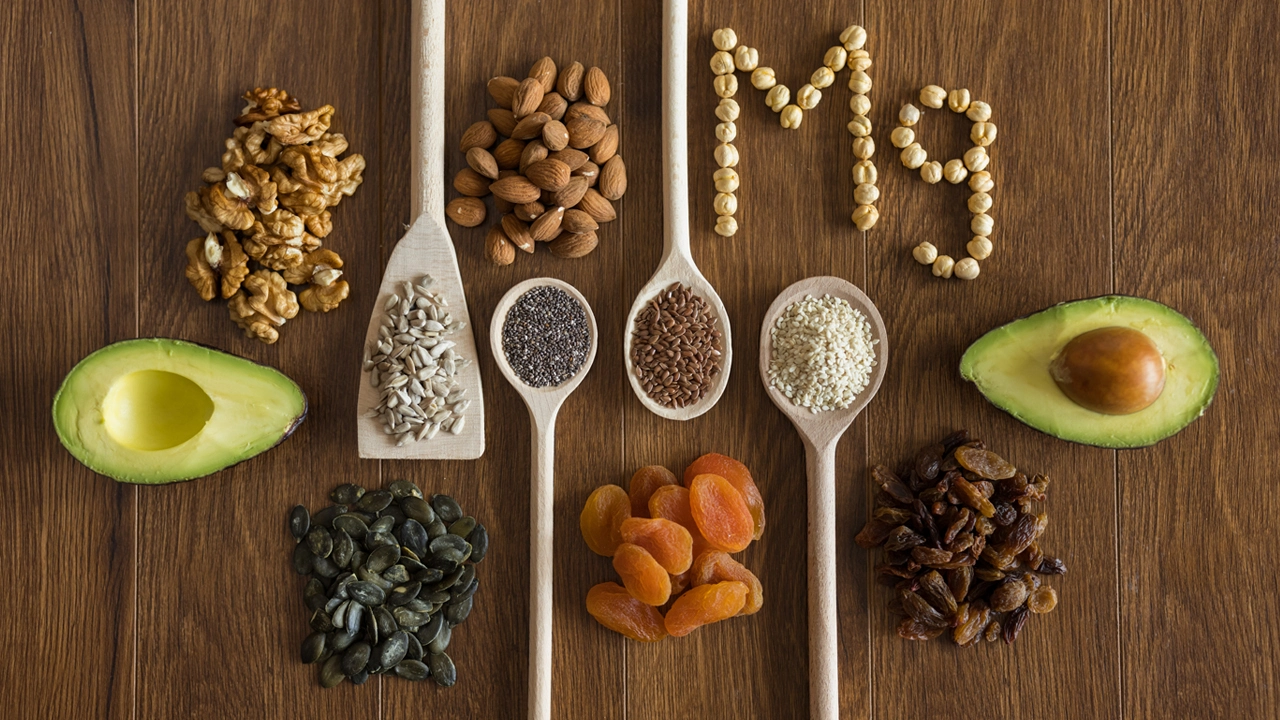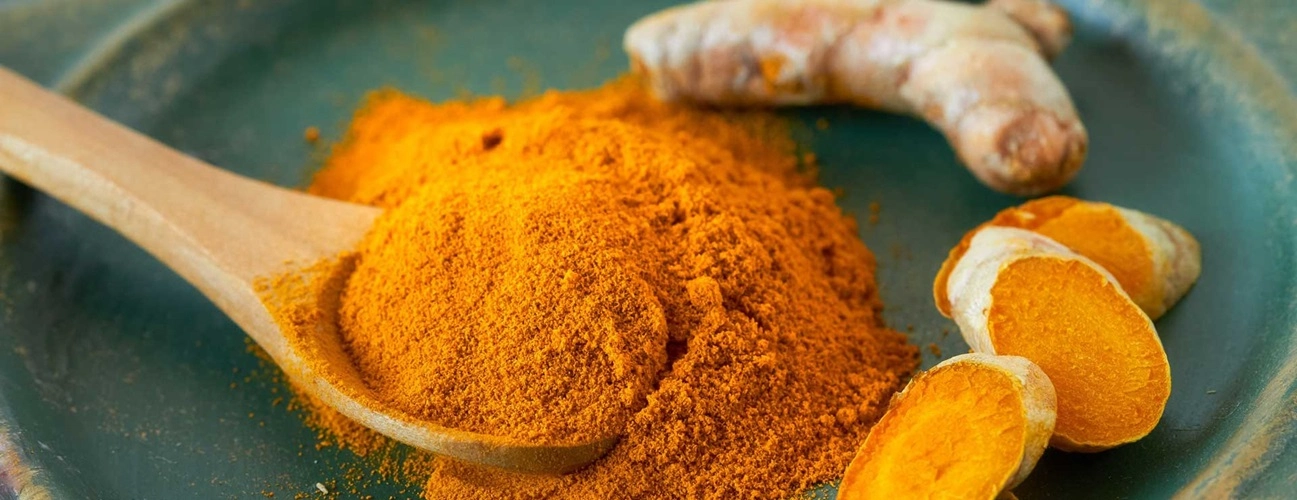Nutrition Tips for Runners: Nutrition is just as important as the miles you run when it comes to health, weight loss, management, or training for your next PR. However, nutrition for runners can be perplexing, especially given the growth of diets ranging from Paleo to vegan. These dietary suggestions for runners can help you optimize your nutrition.
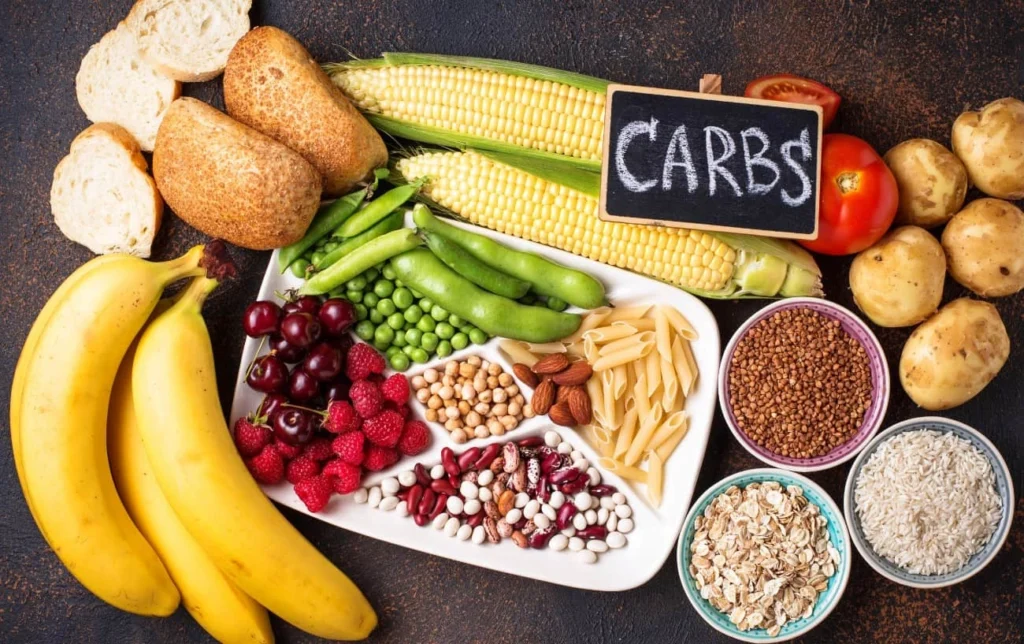
Nutrition is just as vital as running for health, weight reduction or control, or preparing for your next personal record. However, nutrition for runners can be perplexing, especially given the growth of diets ranging from Paleo to vegan.
Nutrition Tips for Runners
These nutrition tips for runners will make optimizing your nutrition more comfortable without being restrictive.
1. Adjust for Your Daily Training
A 2-hour long run, a 60-minute speed training, and a 30-minute easy run are all distinct workouts with different nutritional requirements. Runners can easily fall into a rut with both food and training, so make an additional effort to diversify your diet as much as you do your workouts.
Your daily calorie demands vary according to your exercise level, as do your macronutrient requirements. The number of carbs should be varied according to your degree of exercise. Carbohydrates are the primary energy source for running, especially if you are completing a long or fast-paced run; therefore, the more you run, the more carbohydrates you burn.
2. Don’t Skimp on Protein
Carbohydrates and fat may provide energy during a run, but this does not mean you should exclude protein from your diet. A study published in PLOS ONE found that endurance athletes require more protein than previously advised.
Protein is essential for muscle repair following a strenuous exertion, such as a run. Protein is also necessary for the integrity of bones, ligaments, and tendons because a protein found in bones and joints (collagen) is broken down during endurance activity.
Without enough protein, your body cannot repair and support itself, increasing your risk of injury and preventing you from seeing the full benefits of your workouts.
Research shows that 30 grams of protein is the maximum quantity that may be generated in one sitting. Instead of consuming the majority of your protein in one meal, strive to consume 20-30 grams at each meal and 10-20 grams at snacks.
The quality of protein is important. Choose minimally processed sources of plant and/or animal protein, such as almonds, Greek yogurt, lentils, eggs, lean meat, and seeds. If you pick protein powders, go for natural options with few components, such as whey, and no added sugar.
3. Focus on Diet Quality, Not Just Macros
Not all carbohydrates, lipids, and proteins are created equal. Complex carbs (whole grains, fruit, vegetables), healthy fats (nuts, seeds, olive oil, avocado), and lean protein (chicken breast, lean beef, lentils, eggs, Greek yogurt) provide a wide range of vital vitamins and minerals.
Simple carbs, saturated fats, and fattier cuts of meat deliver fewer vital nutrients and have negative consequences on the body, such as elevated insulin levels, an increased risk of heart disease, and a sluggish and weary feeling. Even if they have the same number of carbohydrates, there is a significant difference between eating a bowl of oatmeal and a donut.
Choose high-quality foods from natural sources such as whole grains, fruits, vegetables, nuts, seeds, lean meats, legumes, and dairy products.
You will be more satiated with these foods and less inclined to overeat, which will aid in maintaining a good body composition. These foods can also revitalize you, allowing you to boost your training and avoid hitting a wall when running.
4. Eat the Rainbow
Colorful fruits, veggies, and spices are more than just aesthetically pleasing on a dish. The vivid colors of seasonal food imply a high nutritional value. Runners require more vitamins and minerals than the ordinary person, specifically iron, vitamin D, calcium, potassium, and magnesium. The more vibrant the vegetable, the more critical elements it contains.
Colorful foods like blueberries, sour cherries, and turmeric contain more antioxidants. Running puts a lot of stress on your body, especially if you’re performing speed work or lengthy runs to prepare for a race. Antioxidant-rich foods can naturally battle training stress and help you recover from your most recent workout faster than any store-bought supplement.
5. Time Nutrition Around Your Workouts
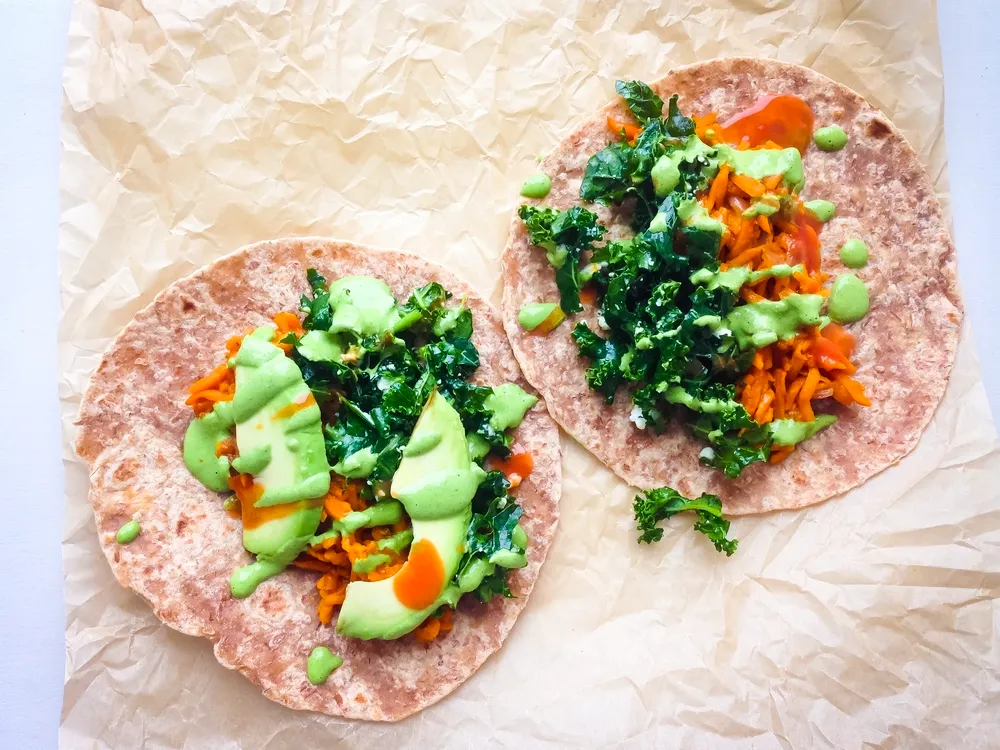
Nutrition is more than just what you eat; when you eat also influences how you run. You may improve your training and nutrition by scheduling some of your meals and snacks around your runs.
Eating before a workout can provide you enough energy to run as far or as quickly as you need to, especially if you’ll be jogging for more than 30 minutes. Choose a small, readily digestible carb-based snack about 1-2 hours before your run.
Protein is tough to digest before a run, so store it for afterward. Some runners find that including some fat in their pre-run snack increases satiety.
Following a run, your body requires carbohydrates to restore glycogen reserves (the way carbs are stored for energy) and protein to begin muscle recovery. Your body is poised to produce carbohydrates and protein one hour after exercise.
If you are running for more than 90 minutes, you will need to eat during your run. Your body can only store enough glucose for about two hours of running, and depleting all of your glycogen stores can impair post-run recovery and immune function.
With these nutritional principles in mind, you can tailor your diet to different stages of training and your own specific roles while maintaining the energy you require to keep running.



